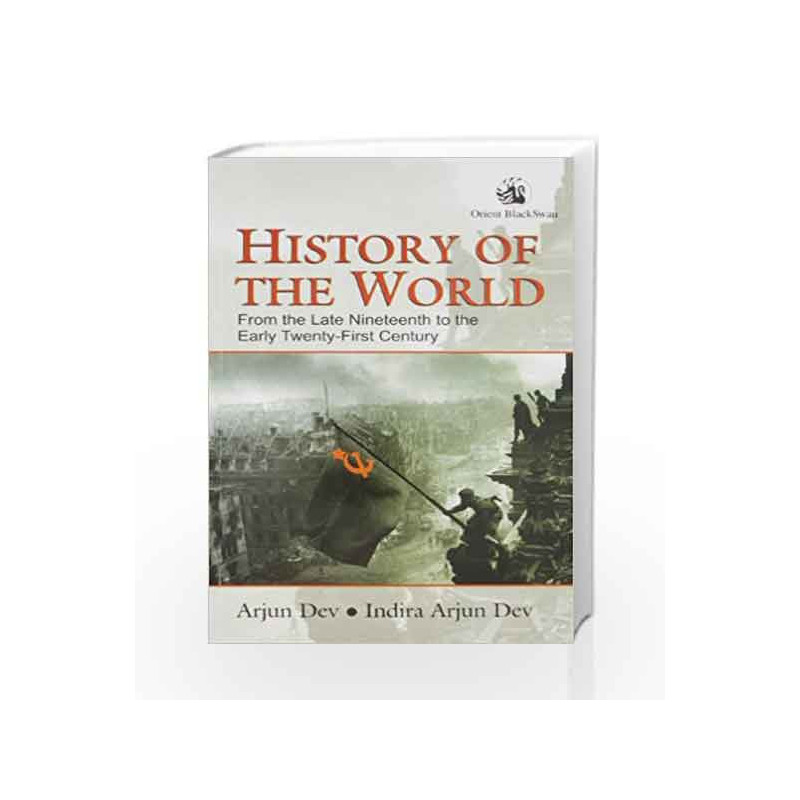A comprehensive history of the world from the late nineteenth to the early twenty-first century is a vast and complex topic, covering a period of significant global transformation, including political, social, economic, and cultural changes. While I can provide an overview, it's important to note that this is a condensed summary of key events and trends during this time frame.
Late Nineteenth Century (1800s):
-
Industrial Revolution: The Industrial Revolution, which began in the late eighteenth century, continued to shape the world during the nineteenth century. It brought about significant technological advancements, urbanization, and changes in labor practices.
-
Imperialism: European powers expanded their empires through imperialism. They colonized large parts of Africa, Asia, and the Pacific, leading to cultural clashes and exploitation.
-
Nationalism: Nationalist movements swept across Europe, leading to the unification of Italy and Germany and the breakup of empires like the Ottoman Empire.
-
Scramble for Africa: European nations competed for control over African territories, resulting in the partition of Africa among European powers.
Early Twentieth Century (1900s-1940s):
-
World War I: The "Great War" began in 1914 and ended in 1918, with millions of casualties. It led to the collapse of empires, including the Austro-Hungarian and Ottoman Empires.
-
Russian Revolution: In 1917, the Bolshevik Revolution led to the establishment of the Soviet Union under Vladimir Lenin.
-
Interwar Period: The period between World War I and World War II was marked by economic challenges, the rise of totalitarian regimes (e.g., Nazi Germany and Fascist Italy), and the Great Depression.
-
World War II: The war, which began in 1939 and ended in 1945, resulted in widespread devastation and the Holocaust. The use of atomic bombs on Hiroshima and Nagasaki ended the conflict.
Mid to Late Twentieth Century (1950s-1990s):
-
Cold War: The ideological and geopolitical rivalry between the United States and the Soviet Union defined international politics for much of the twentieth century. It led to proxy wars, such as the Korean War and the Vietnam War.
-
Decolonization: Many African and Asian countries gained independence from colonial rule in the mid-twentieth century, leading to the emergence of new nations.
-
Civil Rights Movement: In the United States, the civil rights movement fought against racial segregation and discrimination.
-
Technological Advancements: The latter half of the twentieth century saw significant advancements in technology, including the development of computers, the internet, and the space race.
Early Twenty-First Century (2000s-2020s):
-
Globalization: The world became increasingly interconnected through trade, communication, and travel, leading to cultural exchange and economic interdependence.
-
Terrorism: The September 11, 2001 terrorist attacks in the United States had far-reaching consequences, leading to the War on Terror and conflicts in Afghanistan and Iraq.
-
Global Challenges: Issues such as climate change, pandemics (e.g., COVID-19), and income inequality became pressing global concerns.
-
Political Shifts: Political movements and changes occurred worldwide, including the Arab Spring uprisings, Brexit, and the rise of populist leaders.
This overview highlights major events and trends during this period, but it's important to recognize that there are countless other significant events, regional histories, and cultural developments that have shaped the world during this time frame.




Comments (0)